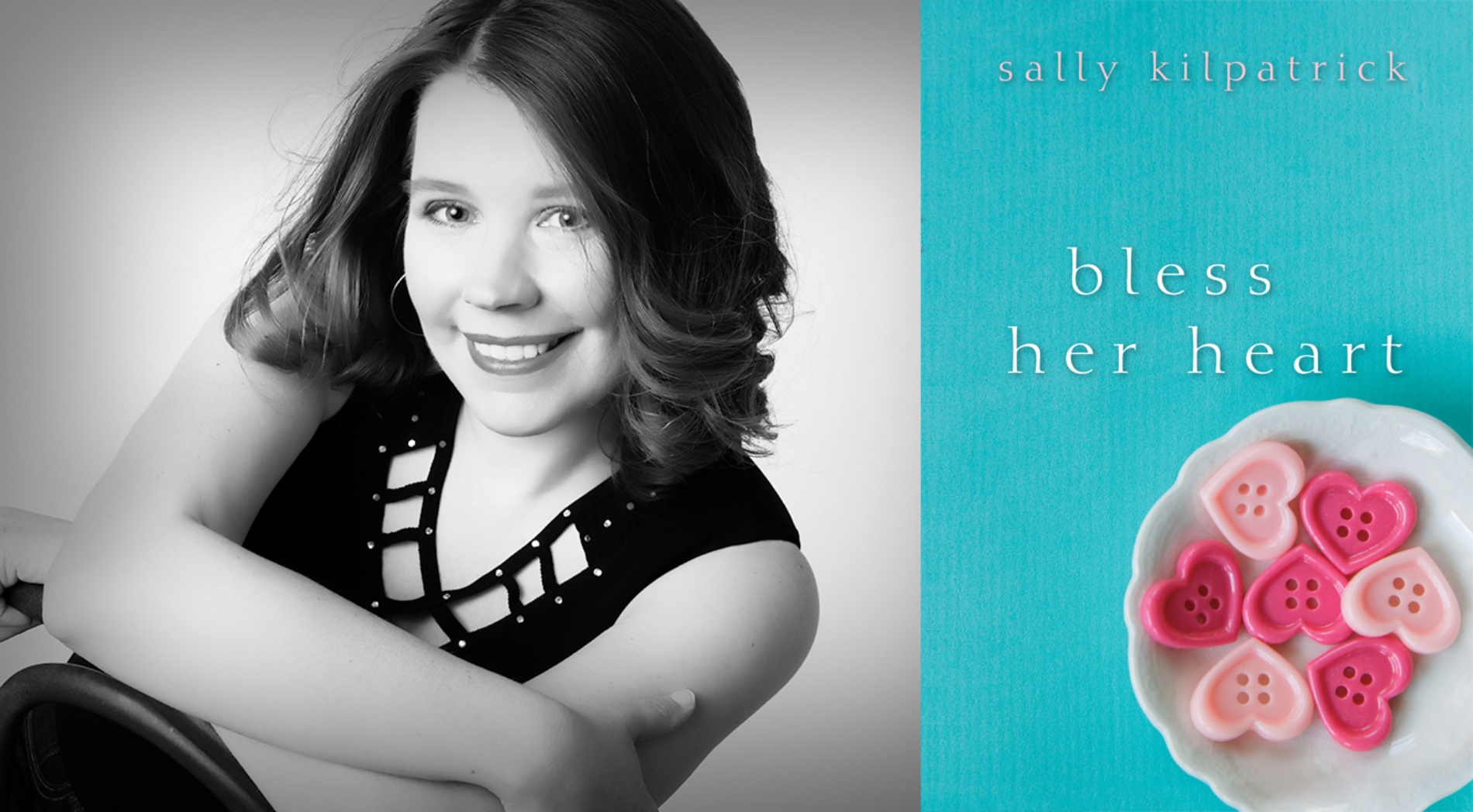By Sally Kilpatrick
I was giddy when approached about writing this essay for Tennessee Alumnus. As soon I sat down to write, though, a part of me sneered, “What do you know about overcoming?”
Well, for starters, I had to learn to overcome the inner voice of self-doubt, the same voice that likes to whisper words of worthlessness in my ear, making me feel anxious. Looking back, I can see that anxiety and depression tiptoed into my life around seventh grade. For the most part, I ignored them, but every now and again, my failures would paralyze me, and the tears would flow.
On one such occasion, I cried in the Clement Hall stairwell, hiding and wondering, for the first time my freshman year, if I’d done the right thing by traveling five hours across the state to attend UT Knoxville. My roommate had been accepted to a sorority that simultaneously rejected me. My long-distance boyfriend was too caught up in his own life to talk to me. I knew that my reaction to those two events was beyond the sadness one might logically expect. I knew I needed neither boyfriend nor sorority, but still I cried.
The next fall, determined to help myself, I joined a service sorority. Then I walked down to the Wesley Foundation and renewed my faith while making lifelong friends and meeting the man who would become my husband. Sure, I had moments of anxiety and a pesky migraine or two, but I was heading in the right direction—or so I thought.
Those low moments and nasty voices never left me, but I held them at bay until about a year and a half after my second child was born. Money was tight, and my commute was long. The classroom where I taught had no windows, and I developed a nervous tic. The frustrations of trying to teach high school while going to grad school and being a wife and mother grew.
I kinda snapped, y’all.
I admitted I had a problem, and I made an appointment with my regular doctor. While I waited for him that day, those feelings of worthlessness reached a fever pitch. I hadn’t been able to handle…life.
Why not? Everyone else could.
Dr. C told me not to call myself a loser and added that my concerns were not unique—far from it. He prescribed some medication that I hesitantly took.
Within a week, my jumbled thoughts put themselves into order. I made lists. I felt the sun on my face. I kept my cool when people cut me off in traffic. Now I could see my novels in a way I hadn’t been able to before: plot, scene and thematic whole. I saw my inner monologue for what it was and rededicated myself to sending my work out into the universe, the consequences be damned—and then, I finally sold!
Like most writers, I still have countless rejections and more than one under-the-bed book hidden away, but I didn’t find my true voice until I admitted I needed help and put a muzzle on that nasty one that kept drowning out the true me. I’m not cured—no one ever is— but, thank goodness, I asked for help and found it.
My fourth novel, Bless Her Heart, is about this same overcoming. I poured myself into the heroine, Posey, wincing at her own mental barbs and reliving how I overcame feelings of depression and worthlessness as I guided her to the other side. My hope is that her story—and mine—will encourage anyone who’s anxious, perennially down or suffering from that nasty inner monologue to ask for help.
As Dr. C told me, it doesn’t make you a loser. It makes you a survivor.
Sally Kilpatrick (Knoxville ’97) is the author of four novels, Better Get to Livin’, The Happy Hour Choir, Bittersweet Creek and the recently released Bless Her Heart.



